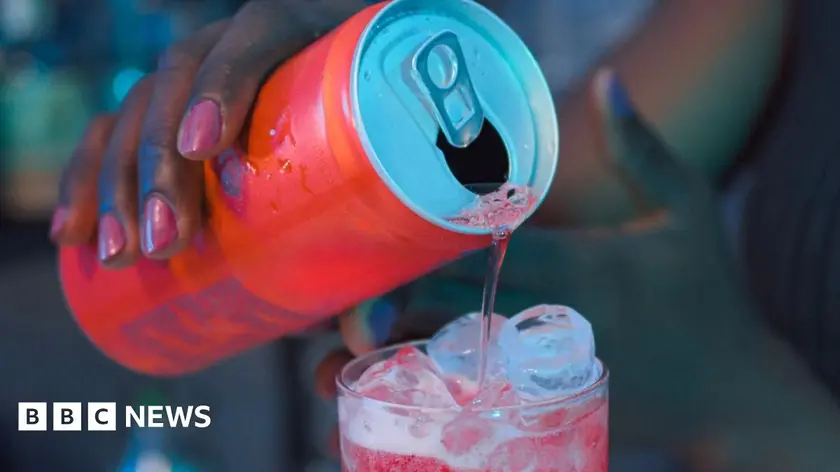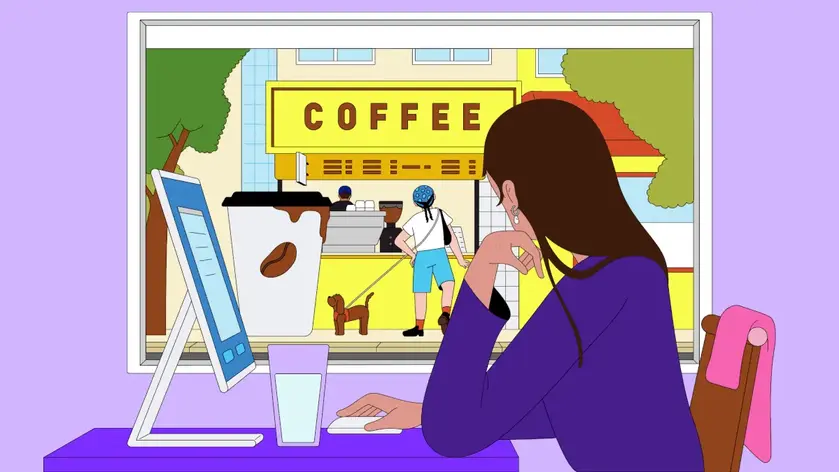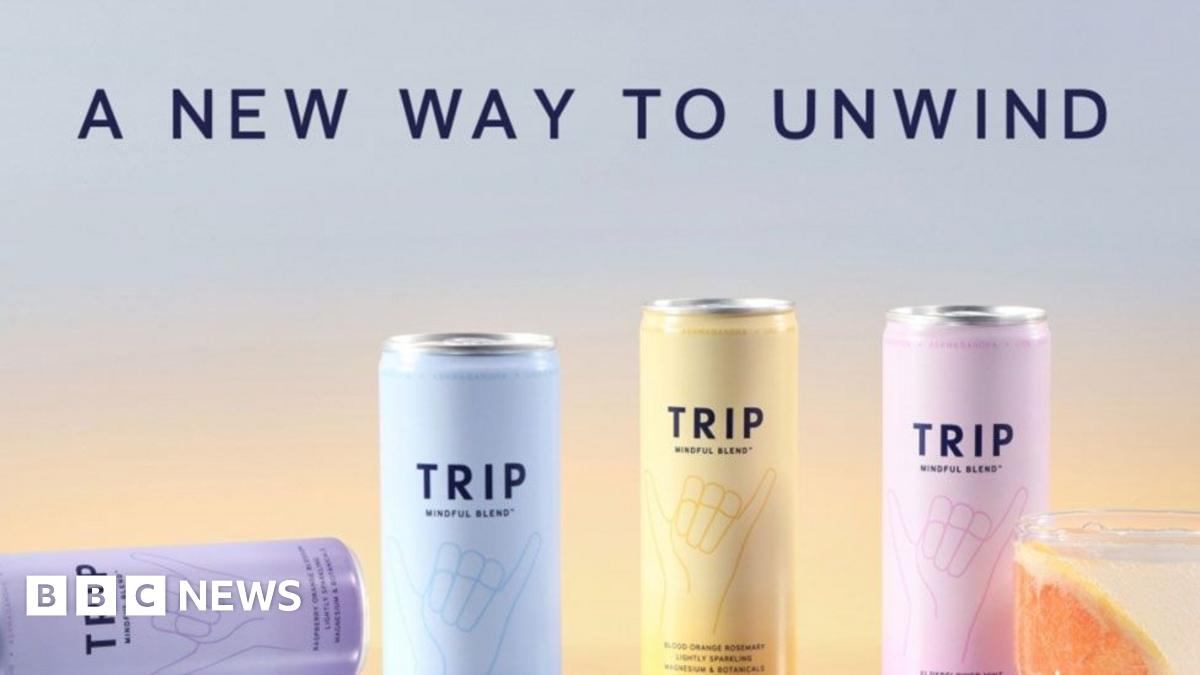T4K3.news
Wellness drinks face scrutiny over promised calm
Experts question the calming claims of wellness drinks as an ad ban spotlights regulatory scrutiny.

The wellness drinks market is growing but experts question whether small supplement doses can truly deliver calm.
Wellness drinks face scrutiny over promised calm
The wellness drinks market has grown on promises of reduced stress and a steadier mood. Two consumers, Lucy and Serena, say they rely on these beverages to cope with busy workdays and parenting duties, and some brands market drinks as a simple aid to feeling calmer. A well known brand recently faced an ad ban for suggesting its product could ease stress and anxiety, underscoring how such claims are being scrutinized.
BBC News spoke with nutritionists and dietitians who are skeptical that tiny doses of supplements in these drinks can produce real calm. A psychologist argues that the ritual of choosing a treat and taking time for oneself may create a sense of calm rather than the drink delivering a pharmacological effect. The debate highlights how marketing, science, and daily life intersect for consumers seeking quick fixes.
Key Takeaways
"These drinks aren't going to get rid of all my worries and anxieties, but if they give me a little boost - then I'll take it."
Lucy describes using wellness drinks in daily life
"If I get that low level panic, then with a drink of Trip or something like it, I can bring it back round."
Lucy discusses personal use
"the small amounts of supplements the drinks contain could really bring about that sense of zen."
Nutritionists' skepticism from BBC coverage
"we might actually create our own calm when we set aside time for ourselves with something that feels like a treat."
Psychologist's view on self care and calm
The piece exposes a friction between consumer desire for quick wellness fixes and the scientific threshold for proving mental benefits. Marketers push simple rituals to fit into crowded lives, while regulators and health professionals demand clearer evidence. This tension will shape how future ads are written and how much trust brands can earn.
Beyond advertising, the story taps into a broader trend: people seek emotional relief through routine and consumer goods. If trust in these claims erodes, the market could tighten, pushing brands toward stronger substantiation and more transparent labeling. The risk is not only money but credibility for a whole sector.
Highlights
- Calm in a can is not a cure for life s storms
- A little boost is not real relief
- Create your own calm not your own marketing claim
- Evidence matters more than a catchy slogan
Advertising claims about mental calm face scrutiny
A recent ad ban on a major wellness brand has spotlighted how mental health benefits are marketed. Experts warn that small supplement doses may not produce real calm, raising questions for regulation and consumer trust.
As the market grows, the line between belief and evidence will be tested.
Enjoyed this? Let your friends know!
Related News

Insta360 Announces Launch of New Drone Antigravity

Patriots embark on critical training camp

Impactful moments from the Belgian Grand Prix weekend

Latest trends show UK pub food is declining

Significant number of Americans struggle to quit caffeine

Trip drinks advert banned for claiming calming effects

Strictly Come Dancing drug allegations surface

England struggles against India in first ODI
